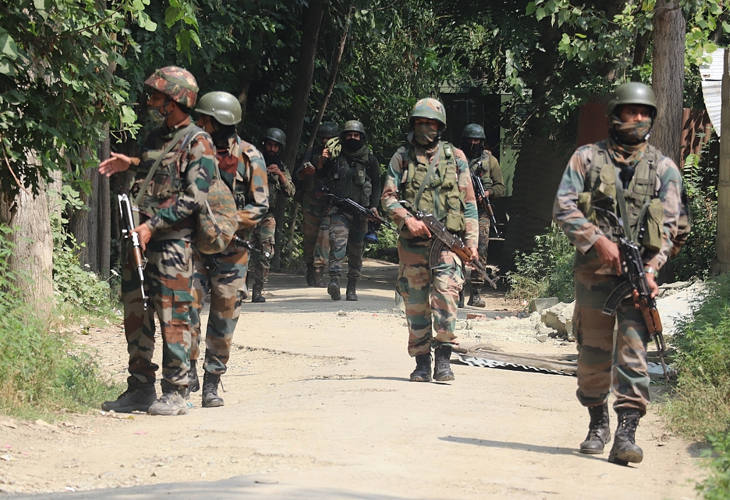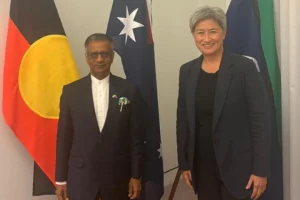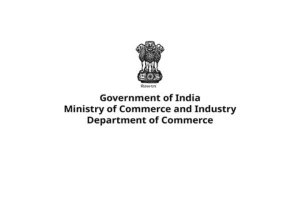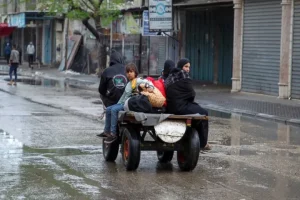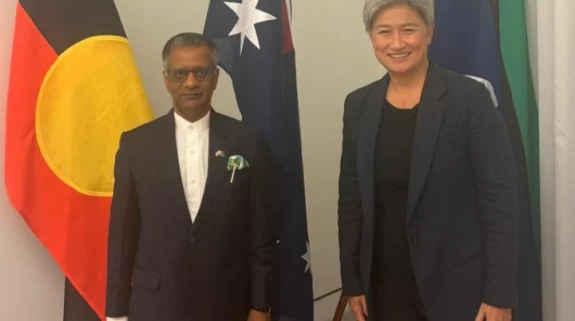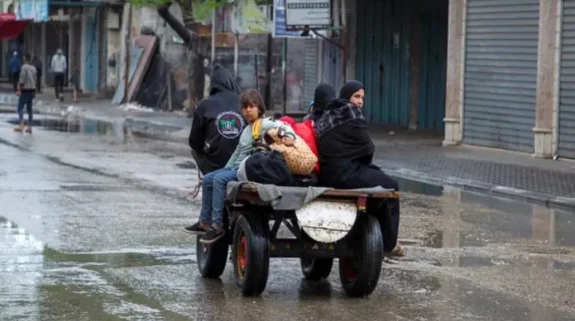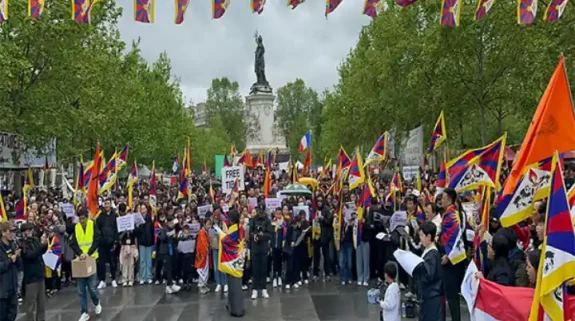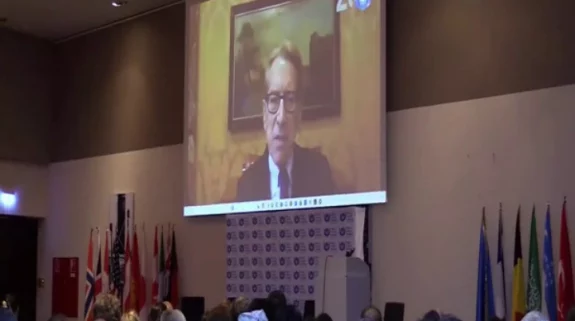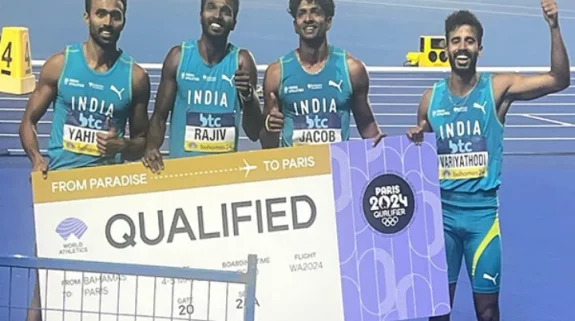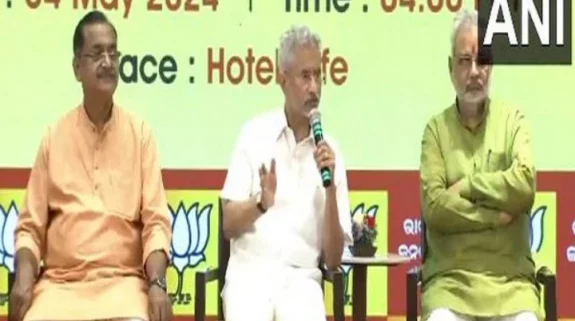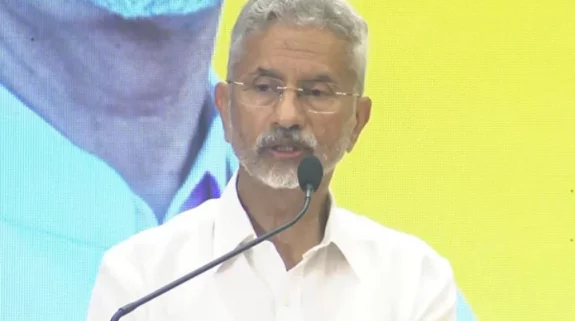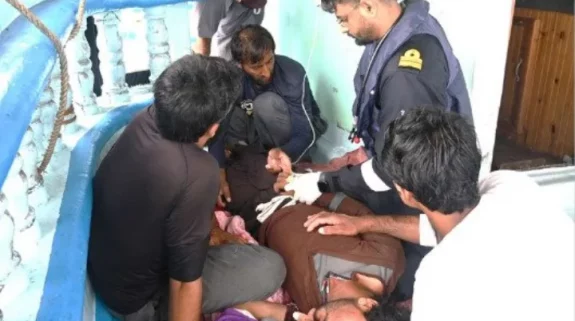Sardar Masood Khan—the President of Pakistan occupied Kashmir (PoK), has urged US President Joe Biden's administration to intervene in resolving the decades-long Kashmir conflict. Among his long list of grievances, he stated that the US wrongly perceives that the Indian military is fighting terrorists in Kashmir. "But this is a false premise constructed by India to delude the world," Khan asserted.
But Khan’s view ignores facts on the ground, which reveal that despite the revival of the ceasefire agreement between India and Pakistan across the Line of Control (LoC), terrorism continues to stay alive in Kashmir. Here is the evidence:
Only a day before Khan's emphatic urging to the US President on Monday, two municipal councillors were shot at by terrorists from the Pakistan-based Lashkar-e-Taiba (LeT) in Sopore town. Councillor Reyaz Ahmad Pir and policeman Shafqat Nazir were dead the same day while the injured councillor—Shams-ud-din Pir, died a day later.
Devoid of humanity, respect for religious sentiments (auspicious Shab-e-Barat & Holi) & love for local #Kashmiris, #Pakistan stooges once again targeted innocent local Kashmiris, sentinels of development, peace & prosperity, in form of BDC members & councillors today in #Sopore. pic.twitter.com/qLYGMX3Rtn
— Radio Chinar (@RadioChinar) March 29, 2021
Just a day before the two leaders were killed, Indian forces had recovered five AK-47 rifles and seven pistols from the India-Pakistan border in North Kashmir's Kupwara district. The recovered ammunition was enough to take the lives of dozens of innocent people in Kashmir.
A day before that, an Indian soldier was killed and many were injured after two terrorists from Pakistan-based terror organisations fired on Indian soldiers. The two attackers, identified as Anaytullah Sheikh, affiliated to Hizbul Mujahideen, and Adil Ahmad Malik from the LeT, were subsequently killed in the gunfight. Their choice of weapons—an M4 rifle, an AK-47 and a pistol.
Three serious incidents—killings and the discovery of weapons in a mere three days. The weapons come from Pakistan; trained men come from Pakistan; as also a depraved mentality that seeks to kill innocent Kashmiris and derail the peace train.
Terror has become commonplace news for Indians. However, the abnormality of terror gets amplified when terror incidents happen as the neighbours sit down to smoke the peace pipe.
Questions arise to Pakistan's sincerity of commitment to peace underscored by the revival of the LoC accord and subsequent statements of positive intent by Pakistani Prime Minister Imran Khan and Army Chief Qamar Javed Bajwa.
What is the country's accountability to its own friends who have offered to mediate? How does the killing of democratically-elected leaders help peace talks? How is the infiltration of men and materials everyday conducive to attaining sustainable peace between neighbours who share history, heritage and common culture?
One cannot talk peace when the atmosphere is smouldering. India has to ensure that a strong and sincere foundation is laid for such discussions. Peace talks held over the dead bodies of Indian soldiers and Kashmiri politicians can’t be durable.
Prime Minister Narendra Modi stressed upon his idea of congenial relations with Pakistan when he wrote a letter to Prime Minister Imran Khan last Tuesday. Modi said: “As a neighbouring country, India desires cordial relations with the people of Pakistan. For this, an environment of trust, devoid of terror and hostility, is imperative.”
Over decades, Pakistan has normalised an abnormal attitude of bleeding its eastern neighbour “by a thousand cuts”. On its part, India has accepted this abnormal attitude—almost internalising it, accepting terrorism as an everyday part of life—which it is not.
A ceasefire on the border is meaningless unless the accompanying package—disbanding terror nurseries, reining in trained psychopaths and halting the arms' supply—comes with it. For peace to prevail, Pakistan has to demonstrate sincerity.
India and Kashmir deserve to transition towards peace. Pakistan will benefit too.






